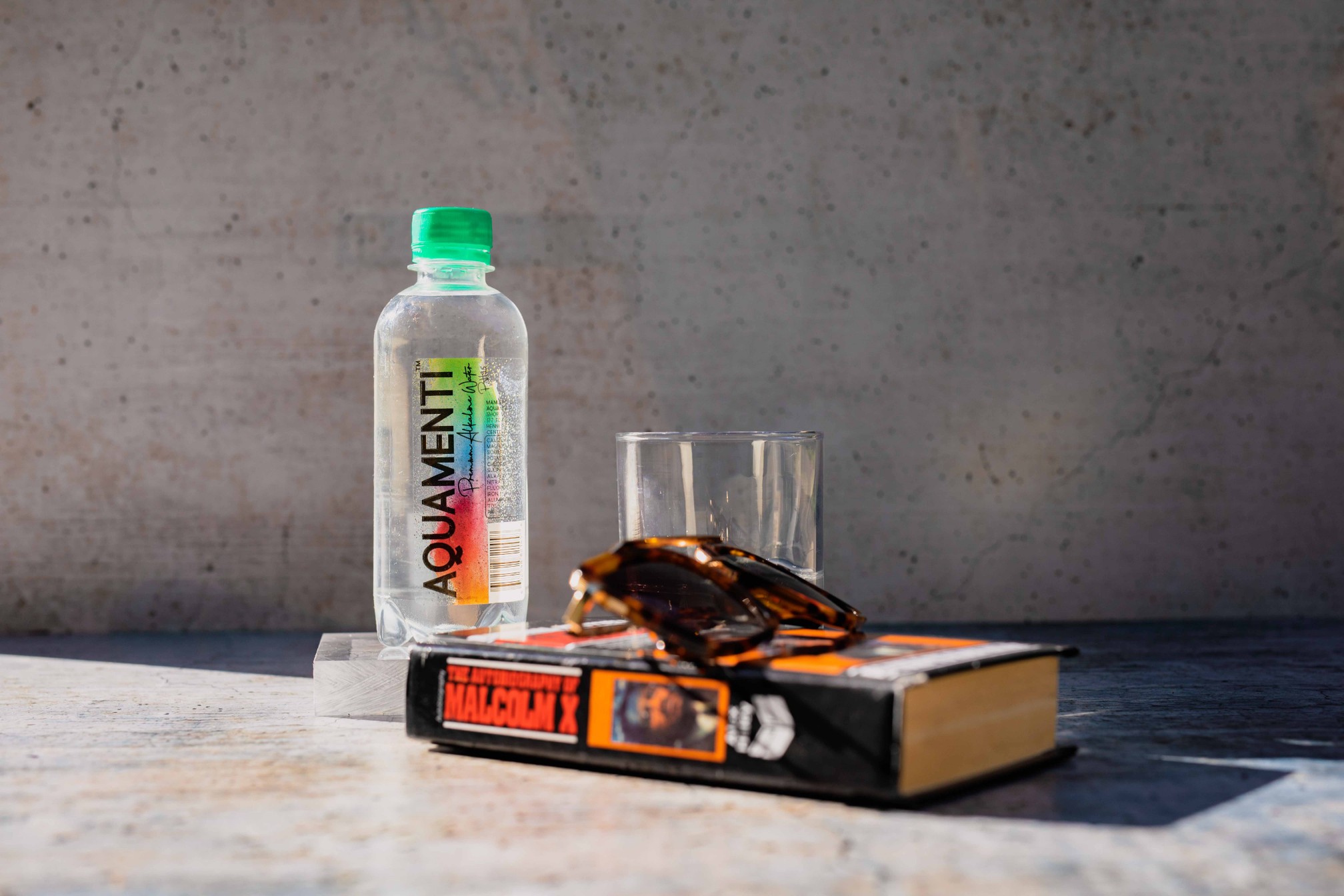Fast Facts on Drinking Water: What Every South African Should Know
Quick, science-backed facts about hydration that might surprise you
Whether you’re reaching for tap, bottled, or alkaline water, these essential facts will help you make informed decisions about your daily hydration. Here’s what the science tells us about water and your body.
Your Body & Water: The Numbers
75% – Amount of your brain that is water
60% – Percentage of your adult body made up of water
31% – How much your bones contain water
83% – Water content in your lungs
73% – Water percentage in your heart and muscles
2% – Body water loss that triggers thirst
1-2% – Dehydration level that impairs cognitive function
Daily Water Loss & Needs
2.5 litres – Average daily water loss through breathing, sweating, and elimination
1.2 litres – Water lost through breathing alone per day
0.5 litres – Daily water loss through skin even without sweating
6-8 glasses – General recommendation, but individual needs vary
+500ml – Extra water needed for every hour of exercise
+1 litre – Additional water needed in hot South African summer days
Hydration Timing Facts
14 minutes – Time for water to reach your bloodstream after drinking
45 minutes – Peak hydration after consuming water
Morning – You’re most dehydrated after 7-8 hours without water
5-10 minutes – Drinking water this long before meals may aid digestion
30% – Metabolism boost lasting up to 60 minutes after drinking 500ml
Water Quality & pH Facts
7.0 – Neutral pH of pure water
6.5-8.5 – WHO acceptable pH range for drinking water
3-4 – pH of carbonated/sparkling water
8-9.5 – pH of alkaline water
5.5 – pH level below which tooth enamel begins to erode
South African Water Reality
3.3 million – South Africans without access to clean drinking water
19% – South African households that don’t trust their tap water quality
R2.3 billion – Annual bottled water market in South Africa
400% – Growth in bottled water consumption over the past decade
11 litres – Average annual bottled water consumption per South African
Performance & Productivity
2% dehydration – Causes 10% decrease in athletic performance
3% dehydration – Results in 25% reduction in work productivity
23% – Increase in productivity from proper hydration
14% – Improvement in reaction time when well-hydrated
30% – Better concentration levels with adequate hydration
Health Impact Facts
50% – Reduction in bladder cancer risk with adequate hydration
45% – Decreased risk of colon cancer with proper water intake
5 glasses daily – Associated with 41% lower risk of heart disease
8-10 glasses – Can reduce joint pain in up to 80% of sufferers
1 glass before bed – May help prevent strokes and heart attacks
Dehydration Warning Signs
Dark urine – First visible sign (should be pale yellow)
3% – Body weight loss from water that causes severe dehydration
20% – Brain tissue shrinkage during dehydration
Fatigue – Most common symptom, affecting 73% of dehydrated people
Headaches – Experienced by 65% of mildly dehydrated individuals
Water Temperature Matters
16°C – Optimal temperature for hydration absorption
Cold water – Burns 8 more calories per glass as body warms it
Room temperature – Best for digestion and detoxification
Warm water – Helps dissolve and dissipate things you eat
Surprising Water Facts
45 litres – Water needed to process a single can of fizzy drink
75% – People who are chronically dehydrated
37% – People who mistake thirst for hunger
1 week – Maximum survival without water (3 weeks without food)
10 years – How much younger adequate hydration can make you look
The Alkaline Advantage
Smaller molecules – Alkaline water may have smaller molecular clusters
2x faster – Potential absorption rate compared to regular water
40% – Possible improvement in blood viscosity with alkaline water
Better oxygen flow – Alkaline water may improve oxygen delivery
Money Matters
R50-100 – Monthly tap water cost for average SA family
R500-1000 – Monthly bottled water expense for health-conscious families
R20,000 – Potential lifetime savings from preventing one kidney stone
R300,000 – Average cost of dialysis per year in South Africa
Environmental Impact
450 years – Time for a plastic bottle to decompose
3 litres – Water needed to produce 1 litre of bottled water
17 million – Barrels of oil used annually for plastic water bottles globally
80% – Plastic bottles that end up in landfills or oceans
The Bottom Line
Water isn’t just a thirst quencher – it’s your body’s most essential nutrient. Every cell, tissue, and organ depends on proper hydration to function optimally. With South Africa’s water challenges and health concerns, choosing quality water isn’t a luxury; it’s an investment in your wellbeing.
Make every drop count with Aquamenti Premium Alkaline Water pH 9.5
For orders and information: Call/WhatsApp: 066 025 4860 Email: orders@aquamenti.co.za
Stay informed, stay hydrated, stay healthy.
Facts compiled from WHO, South African Department of Water Affairs, medical journals, and health research institutions. Individual hydration needs may vary.


Add your first comment to this post